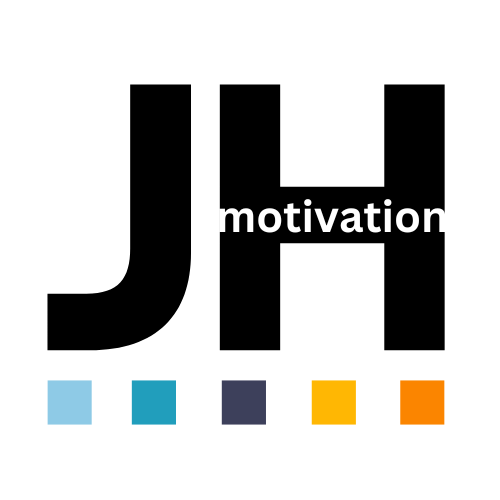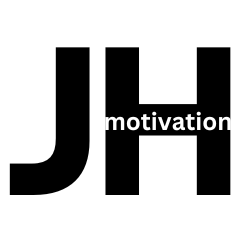Two weeks after my 35th birthday, my wife and I brought our five-week-old daughter, Sara, to see a glaucoma specialist in Manhattan. We were comforted by a local physician that this was merely precautionary because of my family’s history with the disease.
Five out of seven members of my family suffer from glaucoma, my mother, brother, and I are totally blind. The trip into Manhattan was nothing more than covering our bases.
Doctor Norman Medow took one look at Sara and abruptly stated, “This baby has glaucoma, and I should operate on her next week.”
Shock, disbelief, anger, sadness, and guilt, a myriad of punishing emotions, ran through my being.
I had fought this predator all my life, and now it was going after my daughter. What could I do? I had battled blindness since I was three and felt I had done well keeping my guard up, but with one short statement, the doctor had brought me to my knees crying like a baby.
How could I deal with this devastating blow?
There was only one thing I could do and that was to get off the mat and continue the good fight I had started many years ago.
I realized, as Sara’s father, it was my duty to teach her how to overcome any challenges she faced as I had attempted to do throughout my life. Sara’s diagnosis forced me to reflect on my disability and how it shaped me into the person I am today.
One of my most vivid memories of my childhood is when neighbors in Brooklyn sang “Three Blind Mice” mocking the fact that three members of my family were totally blind. This type of teasing would have been extremely damaging if not for the strength and guidance of my oldest brother Joey, who was one of the mice in question. He taught me to rise above the cruelty and perception of others and to be a “little rock” which became Joey’s nickname for me. This name conjures images of strength and perseverance, which became the guiding principles of my life.
Joey’s experiences as a blind person made him a natural mentor to me.
We faced our common disability head on, dealing with issues from school to sports to girls. He truly was my best friend and source of strength. On
February 18, 1985, when I was sixteen, my rock was taken from me. Joe died of heart murmur complications at the age of twenty-three.
His death was a turning point in my life. After the tears and anguish, I was determined to carry on, using the lessons Joey had taught me. The most important ones being to keep fighting and to never use my disability as an excuse. I would strive to please Joey and to pass on his strength to others like my daughter.
To succeed in this endeavor, I decided to become a teacher. I loved history and I felt I could have a positive impact on young people. When I started
my education program at Binghamton University, I was informed by the student teacher placement coordinator that I could not be placed in a regular
school setting. Her opinion was that I should be realistic and consider working with blind children.
I hated being perceived as incapable because of my disability and of course I asked normal self doubting questions, such as, “Am I being realistic? Can I teach in a regular classroom?” Anger and pride won out over self doubt, and I had to prove the coordinator’s perceptions false. I could and I would teach in a public school. Eventually I was placed for student teaching in a “regular” school environment. By the time I had completed my education program, the coordinator had become a source of encouragement because I had earned her respect.
Addressing perceptions of people such as my college advisor is a constant struggle, but one I have learned to handle with patience and through
performance. I will teach Sara to have patience with everyone because they may not understand her particular situation. Also, I will advise her to do the
best job possible to prove her ability.
In 1992, I sought my first teaching job. I sent numerous responses to job ads on Long Island. Confident that my disability would be an asset in the classroom and not a hindrance, I addressed my blindness directly in my cover letter. Farmingdale was the only district to interview me, and a few
forward-thinking administrators decided to take a risk and hired me. Jeff Spiro, the Director of Social Studies, and Principal Steven Kussin earned my
gratitude and respect for having the vision to allow me to create a “different” classroom experience.
I can still hear the laughter of my first period class when I asked firmly, “Will you raise your hand to participate in this classroom?” The students responded, “Yes!” “Well, your hands are going to get mighty tired, and I am going to receive many phone calls from your parents asking why I didn’t call on you.”
Making the students comfortable with my disability is important. I know I have succeeded when they share, as they often do, that they have forgotten I am blind. What I really hope to achieve as a teacher is to have students be comfortable with themselves. During my fourteen-year teaching career, my greatest satisfaction is the rapport I have with my students.
Being blind enables me to treat all students equally. I love when the initial getting-to-know-you stage passes, and the students and I develop a deeper relationship; they tell me about their blue hair, piercings, ethnicity, etc. They appear less guarded because I can’t judge a book by its cover. In return, my students don’t see me as different because I am blind; they accept me for who I am, which I appreciate.
I absolutely love teaching young people; I am at home in the classroom. Blindness helps me to connect to students on a different level. If my ability to overcome challenges has given at least one of my students the courage to overcome his/her own obstacles, then I am grateful for being blind. My disability has been an asset in teaching and since that is my niche, I wouldn’t have it any other way.
With that revelation and the impending birth of my son, I have realized that whatever happens in the future with Sara’s or his vision, they will not be defined by it.
I will pass on what my brother and my family have given to me: strength, perseverance, and an appreciation for life.
I will teach Sara and her brother that obstacles create opportunities.
I am confident that they will have wonderful lives as long as they accept challenges and realize the ability of an individual comes from within and is enhanced by those who love you.
- Jim Hughes
Proudly Built by Sugar Hill SEO

